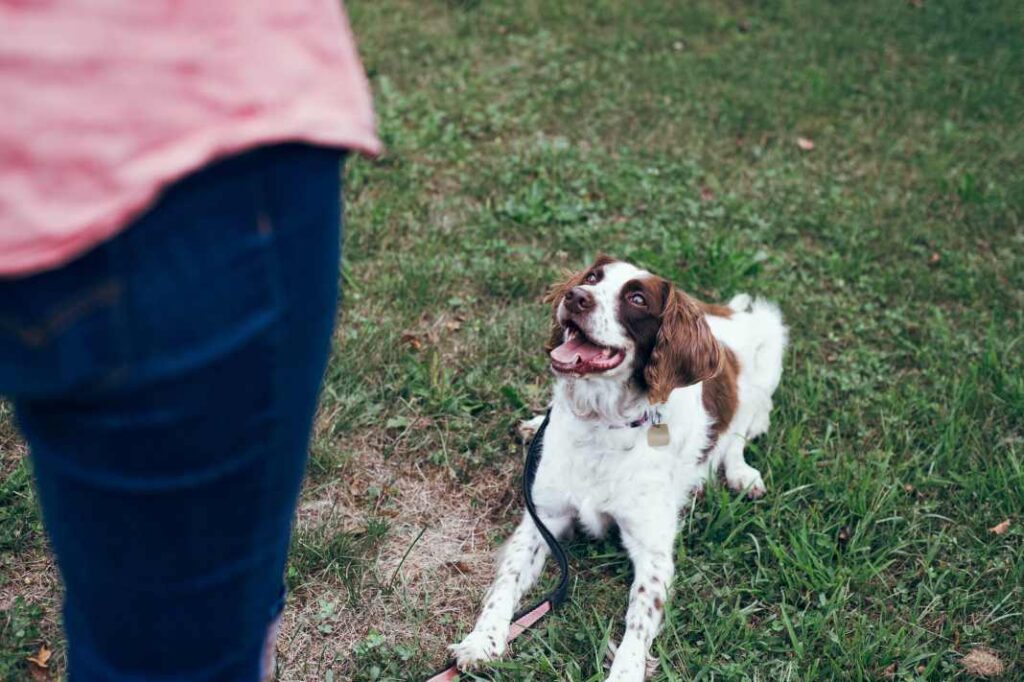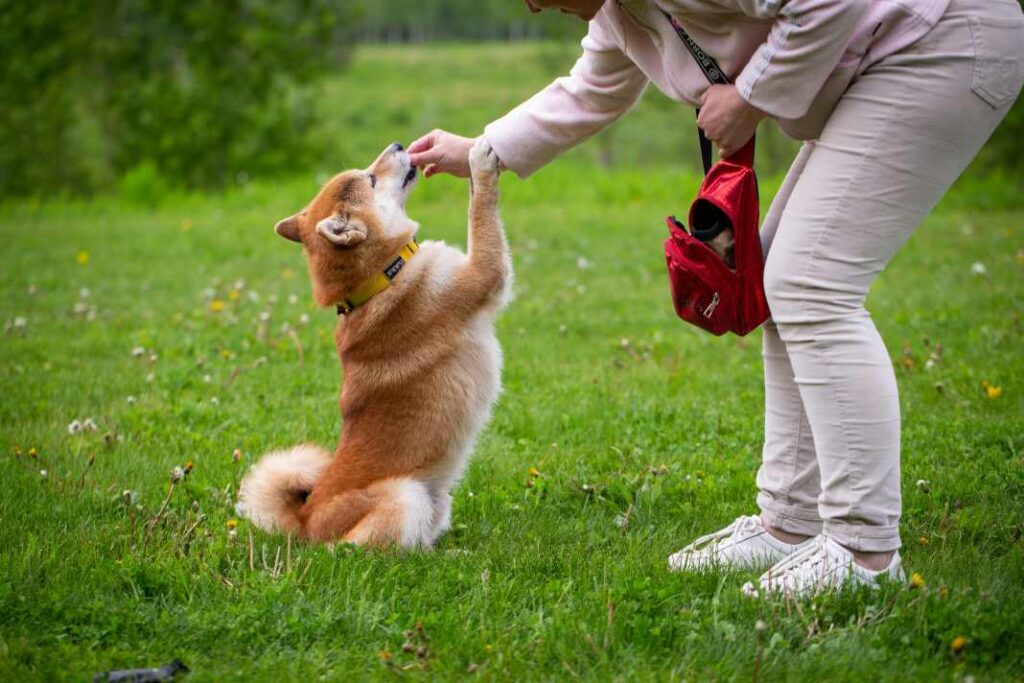Setting Your Puppy Up for Success starts with finding the perfect training class. In this article, we’ll dive into the myriad benefits of puppy training classes, from fostering well-rounded development to honing obedient behaviors.
We’ll explore different training techniques, underscore the significance of socialization, offer guidance on choosing the right class, and outline the variety of training classes available to ensure your puppy thrives.
Overview of Choosing the Right Training Class for Your Puppy
Selecting the right training class for your puppy is paramount for ensuring their development into a well-mannered and socialized adult dog. With a plethora of options available, from puppy socialization classes to obedience training, understanding the distinct benefits of each is key.
It’s not just about teaching your puppy to sit or stay but fostering a positive relationship between you and your furry friend while setting the groundwork for their future behavior.

Benefits of Enrolling Your Puppy in Training Classes
Training classes offer a structured environment for puppies to learn and grow. One of the primary benefits is the opportunity for socialization. Puppies get to meet and interact with other dogs, which is crucial for their behavioral development.
This controlled setting allows them to learn appropriate behaviors and how to communicate effectively with their peers.
Moreover, professional trainers bring their expertise to these classes, providing personalized guidance and addressing any specific behavior concerns. They can offer insights into your puppy’s behavior, suggesting tailored strategies to enhance training efforts at home.
This guidance is invaluable for first-time dog owners and experienced pet parents alike, ensuring every puppy gets the best start in life.
Understanding Various Training Techniques for Puppies
There are several training techniques designed to encourage positive behavior in puppies.
Clicker training, for instance, uses a distinct sound to mark the moment a puppy performs a desired behavior, followed by a reward. This method helps puppies understand exactly which action earned them praise or treats, making it a powerful tool for shaping behavior.
Crate training, on the other hand, aims to make the crate a safe haven for your puppy, helping with house training and providing a comfortable space for them to retreat to.
Leash training is essential for safe walks, teaching puppies to walk politely without pulling.
Positive reinforcement training focuses on rewarding good behavior to encourage its repetition, while house training establishes proper bathroom habits.
Each technique has its place in a comprehensive training program, contributing to a well-rounded and well-behaved puppy.
Importance of Socialization and Obedience Training
Socialization and obedience training are cornerstones of a puppy’s early education. Timely socialization, especially during the critical period of 3 to 13 weeks old, lays the foundation for a puppy to grow into a well-adjusted adult dog. It helps prevent behavior issues by exposing them to various stimuli and teaching them how to react appropriately.
Obedience training, meanwhile, establishes the basics of good manners and listening skills. It’s not just about commands but building a language through which you and your puppy can communicate.
Studies, like the C-BARQ questionnaire study, have shown that puppies attending classes display better behavior as adults, underscoring the long-term benefits of these early investments.

Tips for Selecting the Right Puppy Training Class
When choosing a puppy training class, look for programs that emphasize positive reinforcement, cleanliness, and controlled play. It’s crucial that the class provides a safe and supportive environment for learning and growth.
Trainer certification and a commitment to ongoing education should also be top considerations, indicating a level of professionalism and expertise that will benefit your puppy.
Consider the class size and the level of individual attention your puppy will receive. Smaller classes ensure more personalized feedback and a better learning experience for both you and your puppy.
Lastly, a good class should encourage owner involvement, helping to strengthen the bond between you and your pup as you learn together.
Types of Training Classes Available
Puppy Kindergarten
Puppy Kindergarten is designed for puppies aged 12-18 weeks and focuses on social cues and confidence-building in new situations. These classes set the stage for successful future training and social interactions.
Puppy Basics
This six-week course caters to puppies between 8 weeks and 5 months old, concentrating on basic training commands and social skills. It’s an essential step in building confidence through learning and positive reinforcement.
Specialty Classes
For addressing specific challenges like leash pulling or dog reactivity, targeted specialty classes provide focused strategies and techniques to overcome these common behavior issues.
Private Training
For puppies with individual needs or behavior challenges, tailored one-on-one sessions with a trainer can offer customized solutions. These sessions address specific concerns and provide personalized guidance.
Summary and Closing Thoughts
Choosing the right training class for your puppy is a crucial step in their development. It’s about more than just teaching basic commands; it’s about fostering a positive, lifelong relationship between you and your puppy.
Setting your puppy up for success starts by carefully selecting a class that aligns with your puppy’s needs and your training goals. You’re investing in their future as a well-mannered, socialized adult dog. Remember, the effort you put into training today will pay dividends for years to come.




